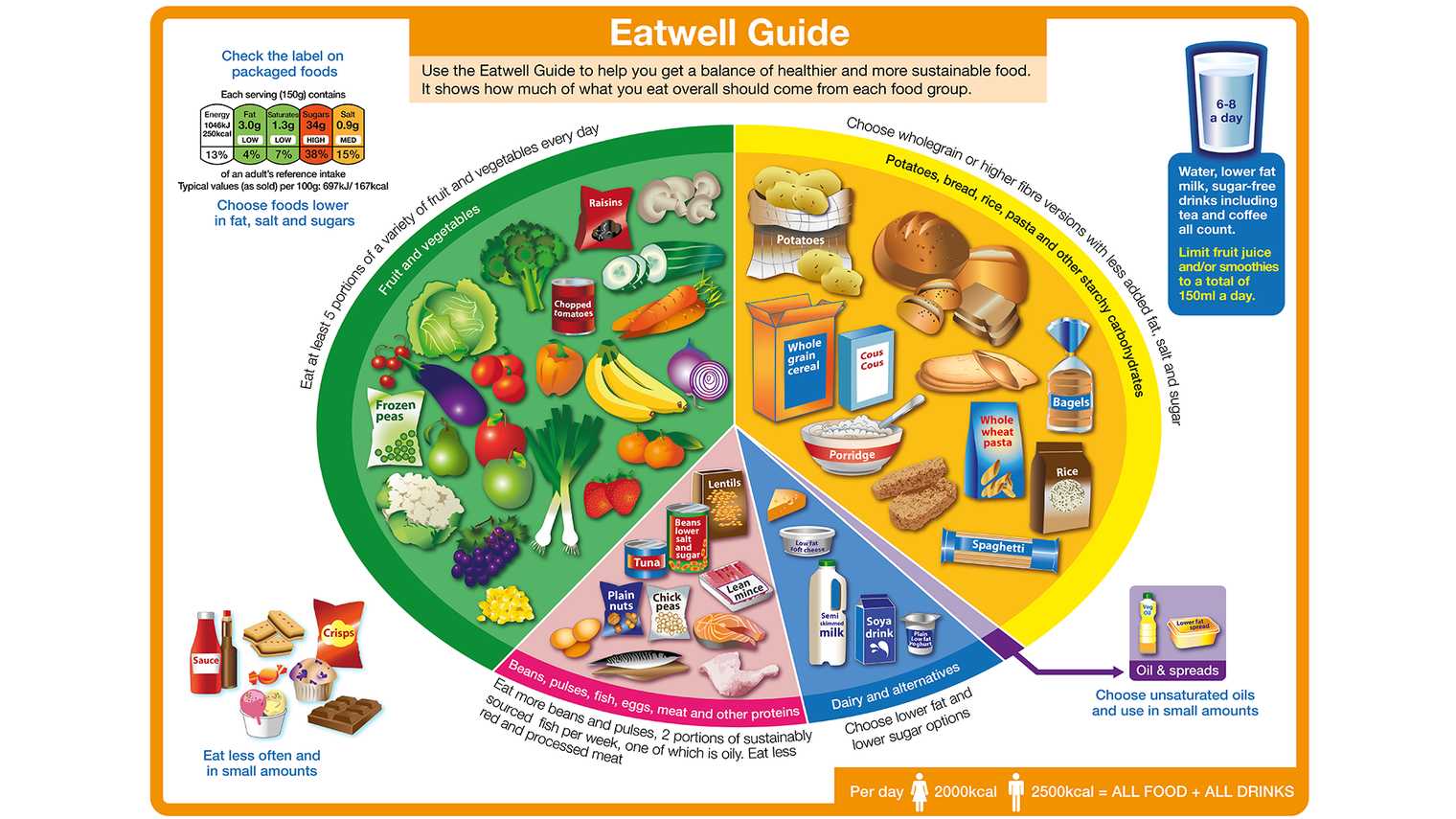Posted by Rachel Bashford
Why is eating well important for a healthy later life?
What we need from food changes as we get older.
With 18% of the UK population being over 65, how can we best look after their nutritional needs?
This article will give you the latest information on:
- Malnutrition and spotting the signs
- What healthy nutrition for older people looks like
- Hydration and the facts
- Tips to increase mealtime enjoyment
Seniors often face challenges when it comes to having a decent diet. Many people may just need a helping hand now and again with choosing or cooking the right foods. Others could do with a little more structured support, either in their own home or in a care home setting.
If you’re looking after a loved one or someone who has care needs in later life, then you will know that mealtimes shape the day and hopefully provide something to look forward to.
However, not everyone can manage food times easily; so, it’s a positive step to have a planned approach in place to tackle any minor issues and increase happiness around food.
It is really good to keep in mind that, although a varied diet is at the heart of good health, a personalised approach is sensible so that people enjoy and look forward to their mealtimes.
Malnutrition and spotting the signs
According to Age UK, a shocking one in ten over the age of 65 are at risk of malnutrition. That’s around one million people in Britain.
There are quite a few reasons why some older people struggle to eat properly and maintain a healthy weight. They could be dealing with bereavement or perhaps having chewing or swallowing issues. Being diagnosed with conditions like diabetes or angina could also have an impact on the ability to eat well.
There are some signs to look out for if you are concerned someone may be malnourished:
- Clothing, jewellery or dentures becoming loose
- Reduced appetite and interest in food
- Tiredness
- Altered mood
- Feeling weak
- Taking a longer time to recover from illness.
If you suspect that your loved one is experiencing this situation, a chat with a doctor or health professional is a good step to take. They will advise you on specific actions to support the person you care for.
One thing to keep in mind is that there is no one way for everyone. People need an individualised plan to help them overcome issues with food, and often things need to be talked through so that they understand how eating well will help them feel better.
There are lots of ways in which you can support them in improving their enjoyment of food, such as:
- Liven up bland foods with lemon juice, herbs and spices. If a loved one has lost their sense of taste, try a few new recipes to open up their taste buds.
- Make mealtimes more like a social event. Sit together to enjoy the meal, talk about delicious tastes and textures, get them to tell you about their memories of tasty meals.
- Encourage healthy but enjoyable snacks – cheese and biscuits, scones and jam, fruit and yogurt.
- Eating high energy and high calorie foods such as full-fat dairy products and lots of good protein in eggs, fish and meat.
Having a meal plan in place and getting them to choose what they would like to eat can also be beneficial in improving general health.
What does healthy nutrition look like for older people?
Many of us are aware of the benefits of a balanced diet. We may have seen the image of the plate divided up into food groups that show us how we can eat well over time.
The NHS promotes the Eatwell plate so that people have some idea of what healthy eating looks like and how to balance protein, fats, carbohydrates and dairy in the right proportions.

However, it is important to remember to have a flexible approach to the Eatwell plate. Every older person has their preferences about what they want to eat and individual freedom and choice are key to reshaping the Eatwell plate to suit their personal needs and preferred foods.
A large part of the plate is dedicated to eating a variety of fruit and vegetables over the day or week. The guidance suggests trying at least 5 per day, but really it has to be what tempts someone to eat and enjoy food that should take priority. Getting enough calories should mean they can live well and enjoy later life.
Basing meals around carbohydrates such as potatoes, pasta or rice enable long-lasting energy to help older people to function properly and to feel satisfied after eating. This also helps increase fibre and wholegrain intake for healthy hearts and digestive systems.
Protein and dairy in the right proportions support the muscle mass and bone structure of the body and protect teeth which are vital as older people sometimes struggle with chewing and swallowing food.
Carers may need to consider the texture of food and how they present this to older people. Some people could do with food that is of a smoother texture to overcome any challenges they have with chewing or swallowing.
Creating nutrient-rich food which is the right texture to enable older people with eating difficulties can be a tricky process to get right. Pureed or smoother foods may result in changes in taste. Experimenting with texture and flavours could help find the right way to help your loved one happily eat food regularly.
Enhancing the taste with gravy or sweetener can help, along with making sure the presentation is attractive to tempt older people to enjoy the food.
This Autumna video shot at the Hallmark Care Home, Chamberlain Court in Tunbridge Wells, explains more about preparing food with the right texture to suit individual needs.
If you are preparing food at home, here are some tips to help get the right food that will also satisfy:
- Using canned food (tins of sweetcorn or beans) is an easy, tasty option
- Batch-cooking filling, delicious soups or stews with lots of vegetables and pulses are nourishing in the colder months
- Keep meals smaller and at more regular intervals throughout the day
- Quality not quantity is the key. Decent food cooked well should help
- Having a sauce is good as it makes the food easier to chew and digest.
There’s some great advice from AgeUK and a really interesting audio file about the benefits of canned food for older people here.
Hydration and the facts
It cannot be overstated how important hydration is to overall wellbeing in everyone, especially older people. It really does help us to feel better, calmer and cooler in the summer months and should reduce the tendency for headaches and dizziness.
The recommendation is that we drink 6-8 glasses of water, milk or juice each day. Many older people forget to drink enough. We lose the ability to recognise the cues to drink in later life and often don’t know that we are thirsty. Hot weather, in particular, can increase the chance of dehydration.
Common signs of dehydration include: dizziness, feelings of weakness, dry mouth and cracked lips. You may also notice that an elderly person is not going to the toilet enough – perhaps less than 4 times a day.
If you notice any of these signs, try this advice below to boost hydration levels:
- Make sure there are fresh fluids readily available at the side of their chair
- Soups, milk, teas, juices or smoothies are all good options
- Try to encourage food with a high-water content – fruit, vegetables, stews
- Try to prompt at regular intervals – advert breaks in TV programmes or at certain times of day.
Tips to help increase mealtime enjoyment
We love to sit and enjoy a good meal with good company. It’s part of our culture and our daily lives. As people get older, it can become tricky to enjoy mealtimes if there are barriers that may prevent seniors from eating well.
To help people get back some of their enjoyment of mealtimes, there are a few easy activities you can try to improve their feelings about this time of day.
One idea is to make mealtimes more of an event. Use napkins and a table decoration to show that it is a special time. You can change these to keep things fresh.
Here is an Autumna video which talks about this in more detail:
Having music on in the background can also create opportunities for conversations and a walk down memory lane, if it’s music they love from earlier in life.
Keep the room where they eat light and airy so that it’s easier to be alert and enjoy the experience.
Having photos of friends, family or well-loved holidays on display can create chatter that improves the experience.
Placing ornaments or items of interest around the room as discussion starters can keep the conversation flowing and maintain interest in the meal.
All these activities can create positive memories of sitting down to eat so that your loved one is encouraged to view food in a really good light.
We all want older people to be nourished and enjoy their food every day. Planning ahead, even if it’s a few things each week, will hopefully help to ensure their happiness around food and increase their general wellbeing.
Contact Us
Remember, you’re more than welcome to get in touch with the Autumna team if you’re looking for support yourself or for an elderly parent.
Whether you need care, legal, or financial advice for later life, we’re here to help.
You can contact us by either phone or email. The details are below:
Phone: 01892 335 330
The line is open Monday to Sunday (8:30am - 5:30pm Mon-Fri, 10am - 5pm Sat, 10am - 4pm Sun).
Email: info@autumna.co.uk
Other articles to read
Autumna Blog

Older Persons Care Advice
What is an immediate needs annuity?
May 2nd, 2025
Worried about funding long-term care? Discover how an immediate needs annuity can provide peace of mind with guaranteed, tax-free income for life.

Older Persons Care Advice
Caring for your elderly parents at home: Our top tips
April 30th, 2025
Caring for your elderly parents at home can be rewarding but challenging. Discover tips, best practices and resources to help you navigate this important role.

Older Persons Care Advice
Difference between live-in vs care home
April 30th, 2025
Wondering what kind of care is right for you? Explore the key differences between live in care vs care home support to help you make an informed decision.






